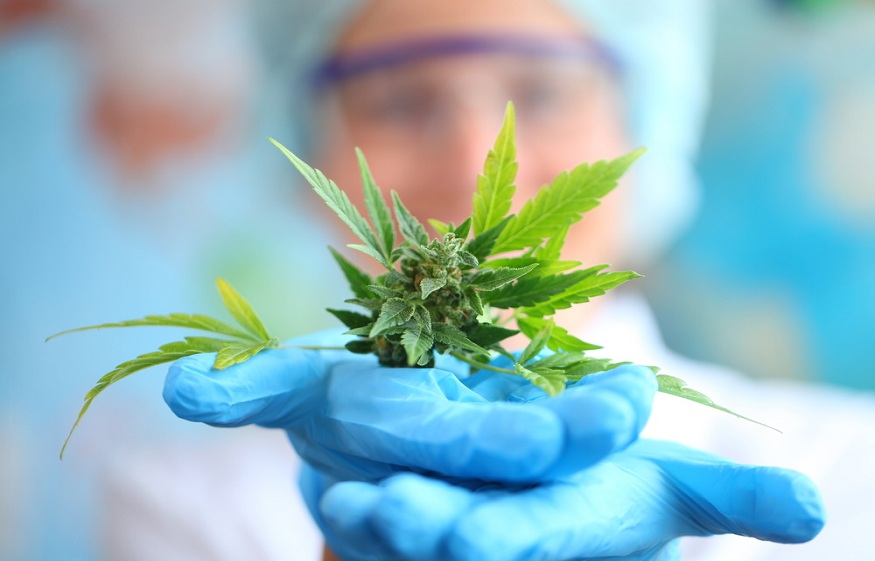The ‘study of the week’ in the cannabis industry was published in the Drug and Alcohol Dependence journal in early January 2022. The study ostensibly looked at the possible detrimental health effects of regular cannabis use among sets of twins. Despite the cannabis industry hailing the results of the study, it is just the latest in a number of studies that reveal too little about the controversial plant.
Headlines declare that the study proves regular cannabis use does not have a detrimental impact on human health. But it proves no such thing. The authors of the study even acknowledge that their conclusions are weak. Because the study can be used as fodder to continue promoting the idea that cannabis is completely harmless.
What the Study Looked At
Researchers from the Universities of Colorado and California examined cannabis use in more than three hundred sets of twins. Incidentally, cannabis is not the entire focus of the study. The ongoing study is designed to look at a variety of factors that may or may not influence health within families. Cannabis consumption is just one small part.
At any rate, researchers noticed some interesting correlations among the twins that used cannabis. For example, the cannabis users were more likely to have a lower heart rate and report appetite loss. They were also less likely to exercise. Neither of the three conditions are indicative of poor health. From that analysis, the researchers concluded that “a causal association between cannabis use…and poorer physical health” is not supported.
The researchers did not say that cannabis is harmless. They did not say that smoking cannabis is safe. In fact, the researchers acknowledged that other studies have shown that smoking cannabis can impact respiratory health, cardiovascular health, and a person’s weight.
A Self-Reporting Study
Another thing to consider is that the research was based on self-reporting. In other words, researchers interviewed the subjects to learn about their cannabis consumption and general health. They relied on subjects giving them an accurate report of cannabis consumption from youth through adulthood. Self-reporting was also the mechanism for determining overall health.
There is nothing wrong with using self-reporting as a means of gathering data. Researchers do it all the time. But self-reporting is open to bias, and the results can be influenced by everything from how questions are asked to a subject’s willingness to be honest.
Easy to Jump the Gun
The unfortunate truth about studies such as these is that it is so easy to jump the gun. It’s easy to take a tiny bit of evidence that seems positive and turn it into a declaration in favor of your particular viewpoint. People on both sides of the cannabis debate are guilty of doing so.
What we know right now is that medical cannabis patients can go into dispensaries like Salt Lake City’s Beehive Farmacy and purchase products recommended by their doctors and pharmacists. Those products offer some measure of relief from a particular medical condition.
Meanwhile, recreational cannabis users in Colorado can walk into a dispensary there and purchase everything from marijuana flowers to concentrated resins. They can use those products without any discernible short-term health problems.
What we do not know is how long-term cannabis consumption affects people. We can make some educated guesses based on decades of anecdotal evidence. But until we have clinical research that produces hard data, educated guesses are all we have to go on. Studies like this most recent one tell us too little when we need to know a lot more.

